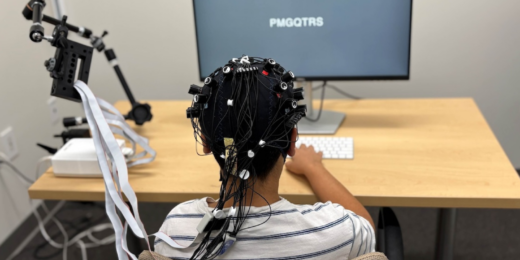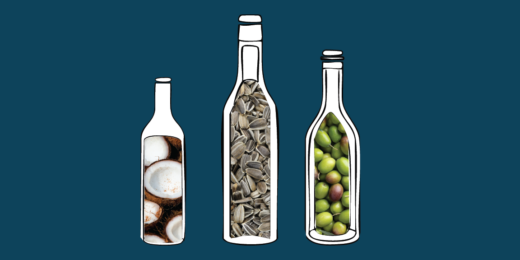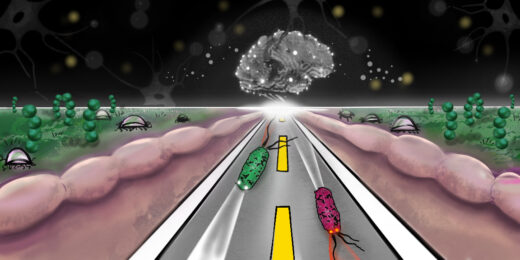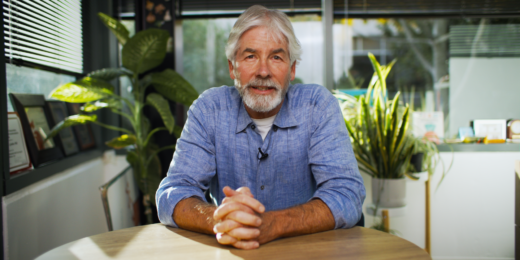Stanford Medicine psychiatrist Anna Lembke unpacks the potential of FDA-approved weight-reducing GLP-1 drugs like Ozempic as tools in treating addiction.
Category: Stanford Medicine
A prevention plan for avoiding a bird flu epidemic
The H5N1 bird flu has been making news for driving up the price of eggs nationwide, but it also has the potential to spur a major epidemic if its circulation among poultry, cattle and humans is not carefully checked.
Can generative AI tackle global health problems?
The director of the Stanford Center for Digital Health shares insight into how innovative artificial intelligence applications can help bridge health care gaps in low- and middle-income countries.
Digital tool gives kids with ADHD feedback on their brains during cognitive exercises
Stanford Medicine cognitive neuroscientists show that a brain imaging tool with real-time feedback helps children with ADHD perform tasks that require working memory.
5 things to know about the effects of seed oils on health
With news cycles abuzz about the pros and cons of consuming seed oils, a nutrition expert breaks down what he believes consumers should know.
What COVID-19 taught us about protecting kids in future pandemics
Stanford Medicine infectious disease expert Yvonne Maldonado leads calls to ensure children are top of mind in preparing for future pandemics.
What’s the deal with the gut-brain connection?
Stanford Medicine researchers describe the gut-brain relationship and how it affects conditions from anxiety to long COVID to Parkinson’s.
A prescription for produce improves health, new research finds
Stanford Medicine researchers’ study of a ‘Food as Medicine’ model providing fresh produce and health education finds positive results for both food insecurity and chronic disease.
Understanding raw milk’s disease risk — and pasteurization’s importance
New Stanford Medicine research shines light on animal-borne disease risk from drinking raw milk and how it relates to recent bird flu concerns.
What’s the deal with red light therapy?
Photobiomodulation, the use of light waves to change human biology, has boomed in recent years for all kinds of purposes, at medical clinics and at home. We wanted to know what the science says — and doesn’t say.
He wouldn’t let long COVID stop the music
Super-talented cellist Josh Roman opens up about how the condition caused him to doubt himself and his music. Now he’s back and sharing his story — at Stanford Medicine and well beyond.
A better, faster sepsis test that can save lives
FDA clears Stanford Medicine-spawned sepsis test, developed using machine learning, that leverages publicly available medical datasets from around the world.
What’s the deal with microplastics, the material that ‘never goes away’?
Whether we know it, or like it, our bodies are polluted by tiny fragments of plastic that fail to break down in our earthly environment. What does that mean for our long-term health, and what can we do about it?
Can group texting therapy help new moms with depression?
When new or expectant mothers experience depression in the peripartum period, serious problems can manifest for those children down the line.
Tumbling stem cells? Watch how movement plays a part in their fate
Stanford Medicine researchers recorded stem cells performing a previously unknown type of movement, dubbed cell tumbling, which may help them differentiate.
More beans, peas, lentils: A nutrition expert’s take on new guidelines
Americans are not eating well, Stanford Medicine's Christopher Gardner says, but he is hopeful that encouraging patterns of eating — such as the Mediterranean diet — will help us improve our habits.

















